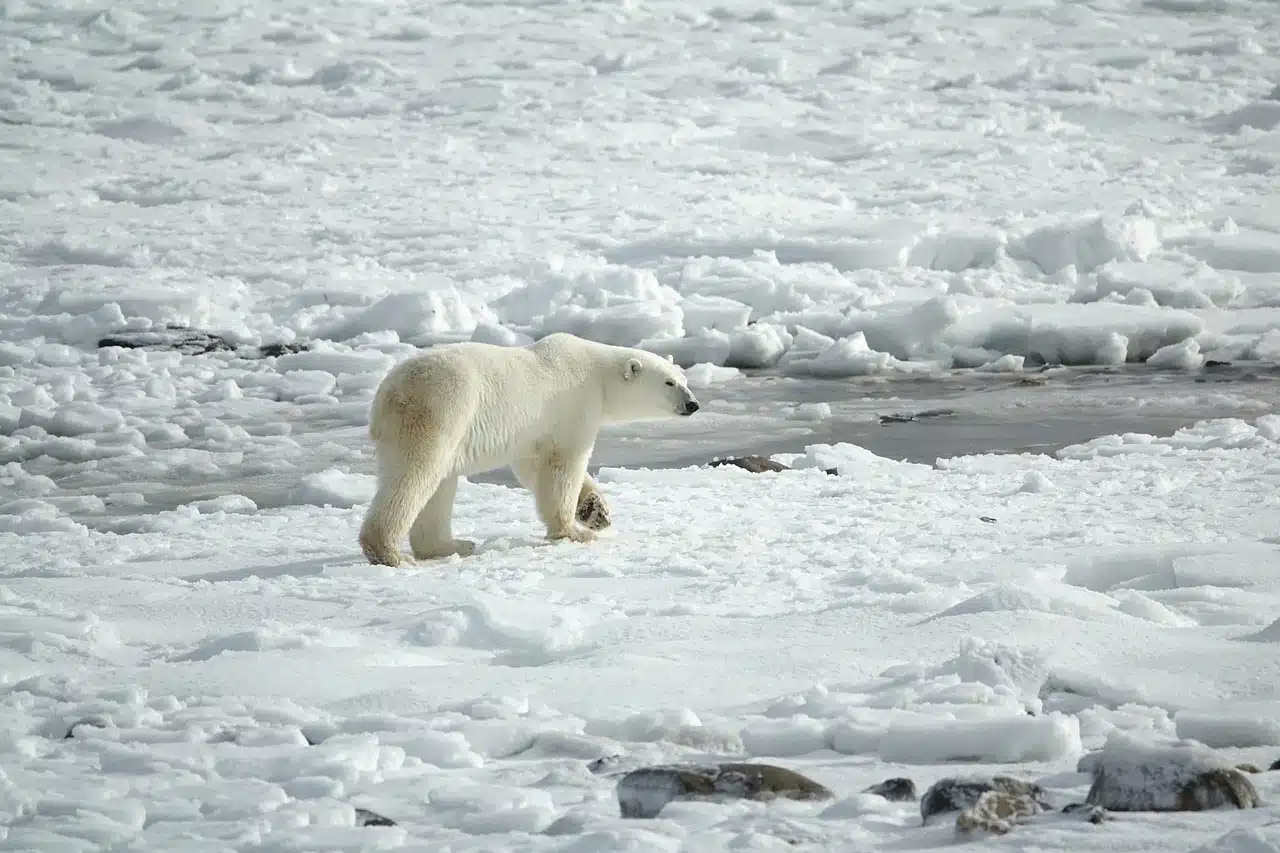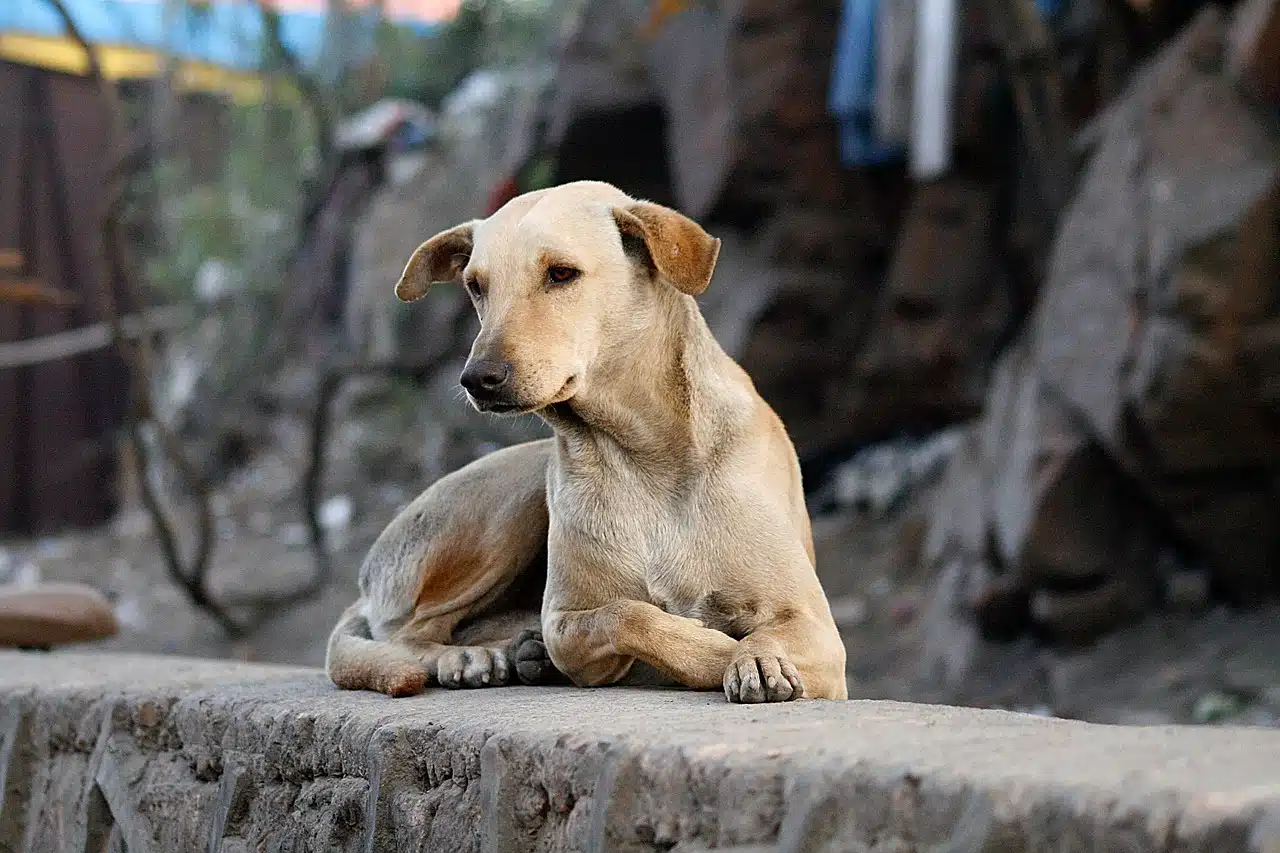
Species in danger of extinction are protected by animal law.
Animal law is legislation that aims to protect the dignity, freedom and life of non-human sentient beings . It is made up, therefore, of those positive rights that seek to guarantee animal welfare .
The rules that constitute animal law cover wildlife , pets, specimens used in the entertainment industry and those that are raised for research and food. Although the first laws in this regard date back to the 17th century , this branch of law has acquired greater social relevance in recent decades.
Origin of animal law
The origin of animal law is more than four hundred years old. The original regulations sought to minimize the suffering of animals that were exploited for transportation or in shows, for example.
However, the look towards animals is closely linked to culture . While some people tend to use them for the benefit of human beings without too many ethical dilemmas, in others they are granted rights that were generally only previously recognized to people.
It should be noted that, although animal law has advanced in many countries, the consideration of species as commodities that can be bought and sold is still generally supported. The law even allows animals to be killed to become food, although taking into account certain issues to avoid unnecessary suffering.

Animal law is usually in charge of regulating sport hunting.
Justification for exploitation
The justification of the exploitation of animals is usually made from both history and religion . Of course, this justification is not valid for animal activists (people who are dedicated to the defense of animal rights).
There are those who understand that, since the birth of Homo sapiens , our species has used animals to eat and dress. From hunting and fishing we moved on to livestock farming but maintaining that exploitation that is already part of an accepted and acceptable custom.
On the other hand, there is a current that supports animal exploitation based on what is expressed in Genesis , the first book of the Christian Old Testament and the Jewish Tanakh . There it is indicated that God granted the human being dominion over all animals, although establishing certain limits (such as the impossibility of eating a part of a living specimen).
Another common justification for exploitation lies in the supposed lack of certain qualities or capacities in animals, which according to this view would lack consciousness or reasoning. Faced with this reality, animals are placed in a lower rank compared to human beings.
In any case, even accepting this exploitation, there is a certain consensus on the need not to incur torture and not cause unnecessary suffering to animals, a view that was already present several centuries before Christ.

Animal law may contemplate spay and neuter laws for population control of cats and dogs.
Animal law and animal rights
Animal law can be understood as a doctrine that regulates the treatment that human beings give to animals and protects their freedom in their natural environment. The concept, therefore, alludes to the legal framework that fosters animal protection and promotes responsible pet ownership; regulated hunting and fishing; and the regulation of zoos and aquariums, among other issues.
The idea of animal rights , on the other hand, refers to the consideration of these species as subjects of law , just like natural and legal persons. This is a precept that spreads animalism.
Animal rights, in this way, contemplate powers and freedoms that are considered inherent to these species. Some of these principles are included in animal law, which is reflected in written regulations.
Many thinkers maintain that the transition from animal rights to animal rights is impossible for several reasons. Animals do not act according to morality , they do not establish a social contract nor can they assume the obligations that are equivalent to rights. Typically, each right is considered to be accompanied by a duty, something that animals cannot assume.
Some examples
Legislation on animal protection varies according to each country. Animal cruelty laws are common, defining what behaviors are considered cruel and what the corresponding punishments are.
In Argentina , to mention one case, Law 14,346 was passed in 1954 and establishes penalties of up to one year in prison for an individual who commits an act of cruelty or mistreatment towards an animal.
Animal experimentation , meanwhile, is regulated by the European Union through Directive 2010/63/EU , whose full entry into force took place in 2013 . The regulations are based on the Three R's , which encourage the replacement, reduction and refinement of the use of animals in laboratories.
There are also animal trafficking laws, farm animal protection laws and regulations that regulate animal husbandry and prohibit animal fighting, among other rules.
Animal rights and non-human persons
The figure of a non-human person allows for granting legal status to certain species of animals that are recognized for their intelligence and cognitive development, generally belonging to the group of great apes .
In this way, animal law protects the right to life, the right to freedom and the right not to receive physical or psychological abuse of these species. In different countries, judicial processes have already been developed that are based on this figure.
When an animal is taken as a non-human person, it gains rights that used to be limited to human beings. This "benefit" has to do with the acceptance that these species reason, have self-awareness and establish emotional bonds.
In this sense, it is interesting to mention the existence of the Great Ape Project , which seeks the effective recognition of gorillas, bonobos, orangutans and chimpanzees as hominids so that they have some of the basic rights that currently only human beings have.
